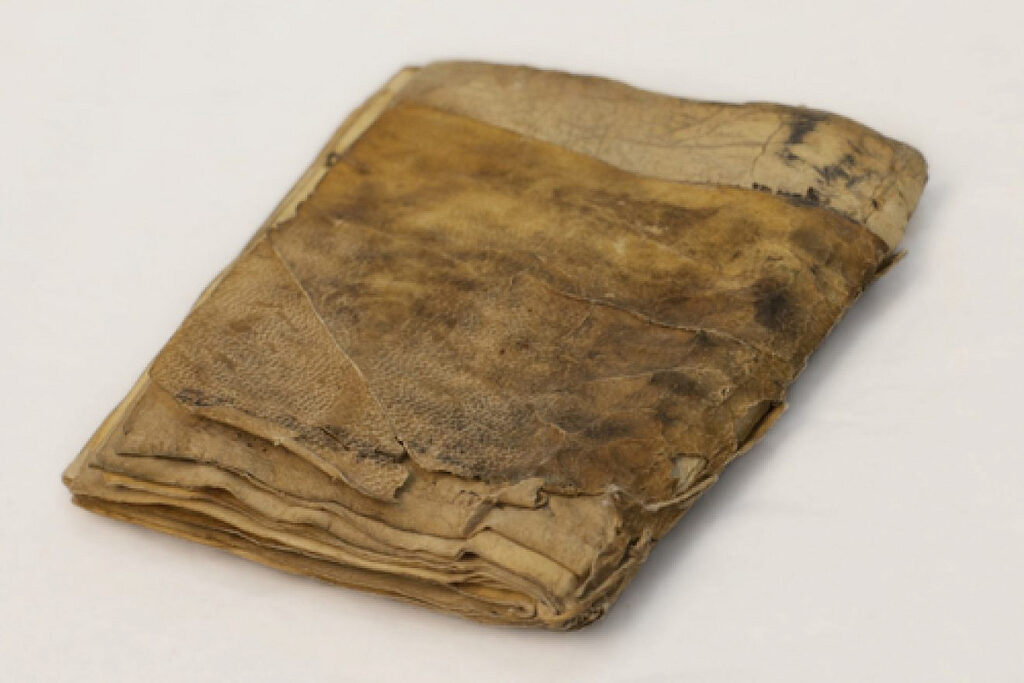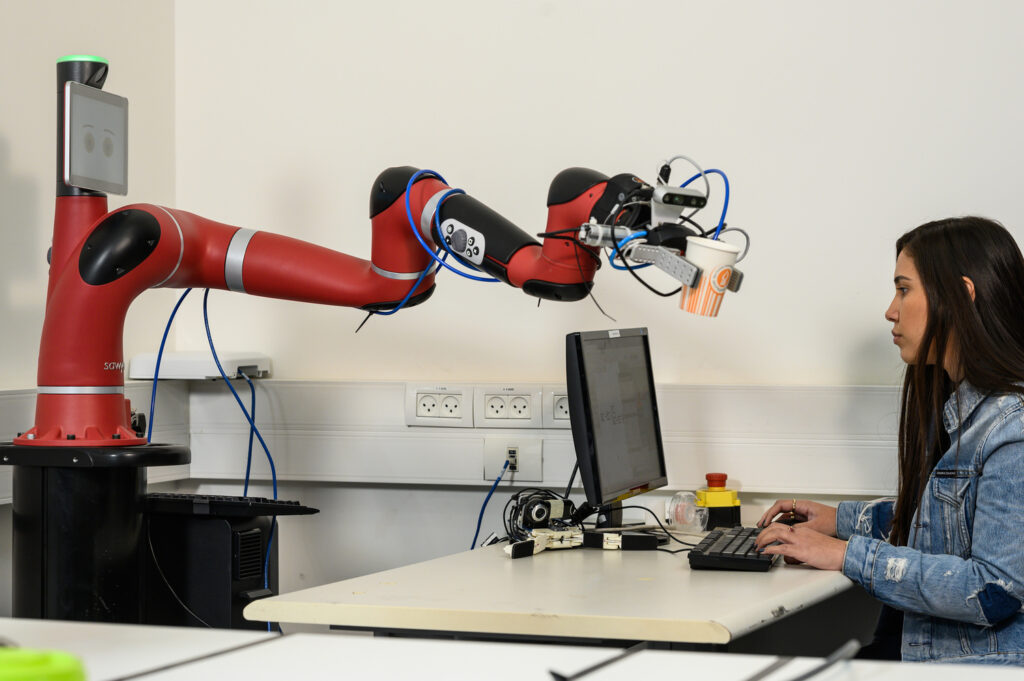
Israeli Science Students Light Up Maryland
Israeli Science Students Light Up Maryland
September 16, 2009
 A pair of Israeli scientists are in Baltimore conducting joint research with Maryland scientists. Karina Goldberg and Amit Elbaz, both graduate students at Ben-Gurion University of the Negev, are working in the Institute of Fluorescence at the University of Maryland Biotechnology Institute (UMBI).
A pair of Israeli scientists are in Baltimore conducting joint research with Maryland scientists. Karina Goldberg and Amit Elbaz, both graduate students at Ben-Gurion University of the Negev, are working in the Institute of Fluorescence at the University of Maryland Biotechnology Institute (UMBI).
Professor and head of the institute is Dr. Chris Geddes, who recently led a tour of the series of rooms and laboratories that comprise the institute, located on one of the floors of the Columbus Center in downtown Baltimore.
In 2001, Dr. Geddes was recruited from the University of Scotland to be founding director of UMBI’s fluorescence. Ms. Goldberg and Mr. Elbaz are the latest BGU students to work at the institute.
The arrangement with the Beer-Sheva university began three years ago through Prof. Robert Marks, a member of BGU’s department of bio-technology engineering with whom Dr. Geddes has collaborated.
However, the Israelis are not the only students at the institute lab. Dr. Geddes has three other international graduate students working there each year. He also has 5-10 students, mostly undergraduates, in the lab per year from local institutions like the University of Maryland College Park, Towson University and Baltimore City Community College.
“They work on areas that enhance what they are doing in their graduate work, but also is compatible with work the lab is doing,” Dr. Geddes said. The students also get to publish their findings under their own names, a career-booster.
UMBI’s Institute of Fluorescence is one of only five such centers in the world and, according to Dr. Geddes, the most prominent among them. Fluorescence involves light and works on a nanoscale.
The institute has 42 patents and patent applications, publishes the Journal of Fluorescence as well as peer review papers and four to six books a year, and conducts cutting-edge research that applies to fields as varied as anthrax and bio-terrorism, medical diagnostics and water quality.
During the course of a year, four Ben-Gurion University students usually rotate through the institute’s lab. The students have to apply, are interviewed, get references and, most importantly, have to be doing “strong, interesting research,” said Dr. Geddes.
Some BGU students come for a year; others, like Ms. Goldberg and Mr. Elbaz, for three months. Ms. Goldberg is researching anti-microbial resistance. Ms. Goldberg explained that bacteria communicate among themselves. She is using biosensors to analyze their communication skills. Her goal is to find a way to block communication.
“Instead of treating [bacteria-caused diseases] with antibiotics, which has produced mutations [that are disease-resistant], this is a new approach,” she said. “Instead of killing, I want to block communication.”
Mr. Elbaz’s focus is environmental. In Israel, he worked on developing biosensors to detect biological agents, such as pollutants in water. His goal is to optimize the signals from the biosensors and to come up with new methods of detection.
Mr. Elbaz said that UMBI’s Institute of Fluorescence gives him an opportunity to do that because of its wealth of unique equipment.
Indeed, the institute’s lab is filled with sensitive, precise equipment whose value Dr. Geddes puts at $5 million. He pointed to a “floating table” that is mounted in such a way that it is “vibrationally-isolated” when the building sways. A spectroscopy, a special microscope costing about $300,000, can get to the single molecular level.
There are 200 such microscopes in the world, and the institute’s is the only one in Maryland. Ms. Goldberg, 26, is a first-year graduate student, studying for a master’s degree in bio-technology. Mr. Elbaz, 29, is a master’s degree student in environmental sciences.
Interestingly, they met as undergraduates at BGU and are getting married in October when they return to Israel. They are living in the downtown area, within walking distance of UMBI. This is Ms. Goldberg’s second time in the United States; Mr. Elbaz’s, first.
As for Baltimore, they said they like it; it’s a comfortable place, but they spend eight hours a day in the lab so haven’t done much sight-seeing. As for Dr. Geddes, he said that UMBI’s Institute of Fluorescence gets funding from a number of government agencies, such as the National Institutes of Health.
The lab is currently involved in at least 40 research projects, sometimes with outside collaborators. “I am seeking scientific synergies,” said Dr. Geddes.



